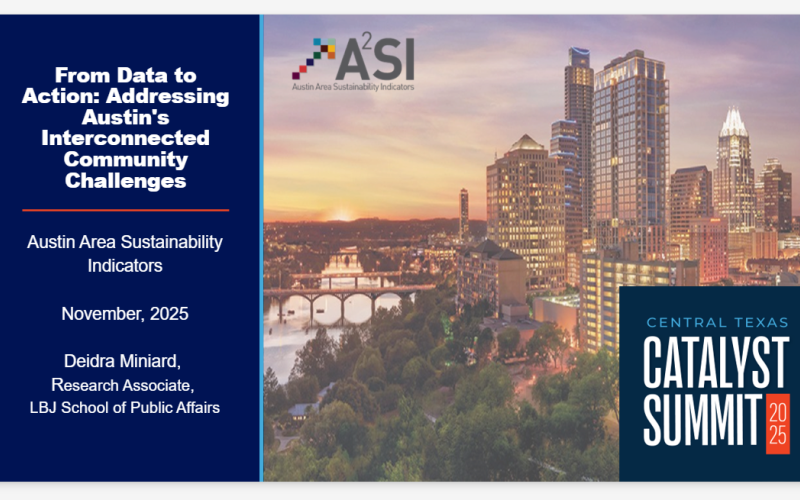
A2SI / AARO Report on Interconnected Regional Challenges
A2SI partnered with the Austin Area Research Organization (AARO) to understand the interconnected nature of regional challenges and present findings to stakeholders at the Catalyst Summit. Our report details how income disparities are a major driver of interconnected challenges in food insecurity, housing affordability, healthcare access, and employment opportunities. Communities are also experiencing extreme weather events and environmental concerns. Social capital, or social connection, offers an avenue to increase resilience, as households with more social capital fare better across measures of well-being. Read more in our report or executive summary.
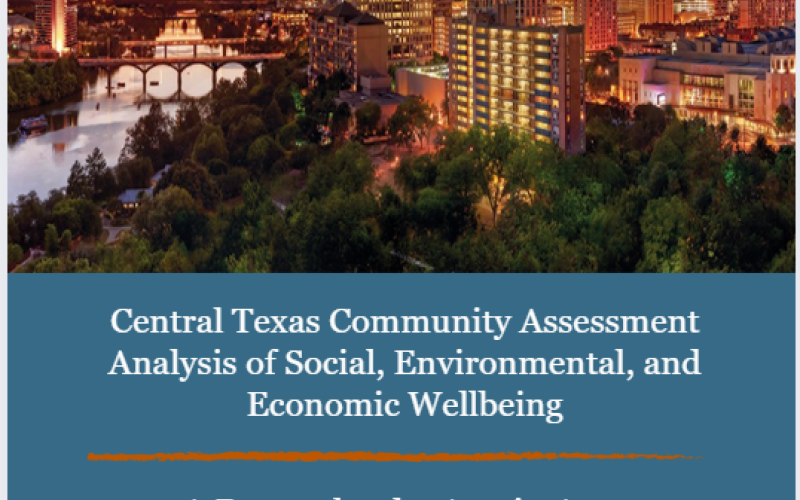
A2SI Report for 2024 Community Survey Data
This report presents findings from the A2SI survey data collected between 2023-2024. Our analysis covers key themes including food security, health, climate change perceptions, emergency preparedness, and additional community concerns. Each topic is presented as a stand-alone data brief that can be shared alone.
We are publishing this report in stages, adding new topic sections every two weeks. Upcoming topics to be added to the report include trends over time, housing, employment, environment and health, and community resilience. The complete comprehensive report will be released in June 2025. If you have preliminary feedback or suggestions for additional topics you would like to see addressed in the report, please contact our team.
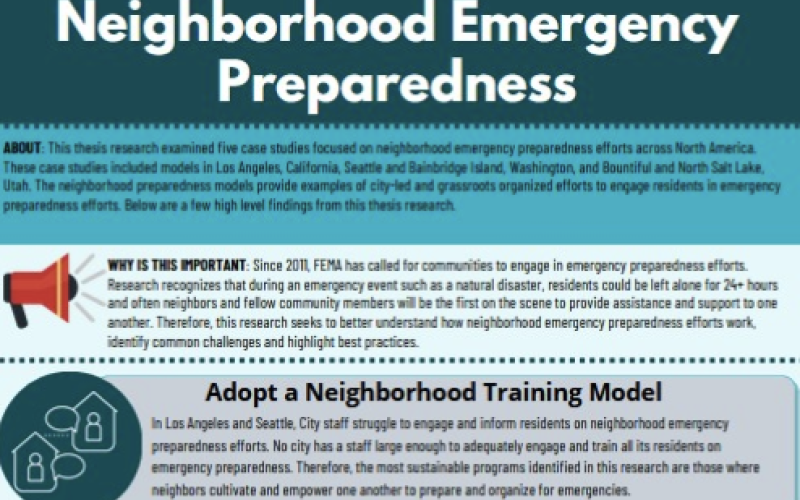
Graduate Thesis: When Neighbors Prepare Together
This thesis research examined five case studies focused on neighborhood emergency preparedness efforts across North America. These case studies included models in Los Angeles, California, Seattle and Bainbridge Island, Washington, and Bountiful and North Salt Lake, Utah. The neighborhood preparedness models provide examples of city-led and grassroots organized efforts to engage residents in emergency preparedness efforts. Authored by Jessica Jones, formed A2SI Graduate Research Assistant, current Social Science/Humanities Research Associate at the LBJ School of Public Affairs.
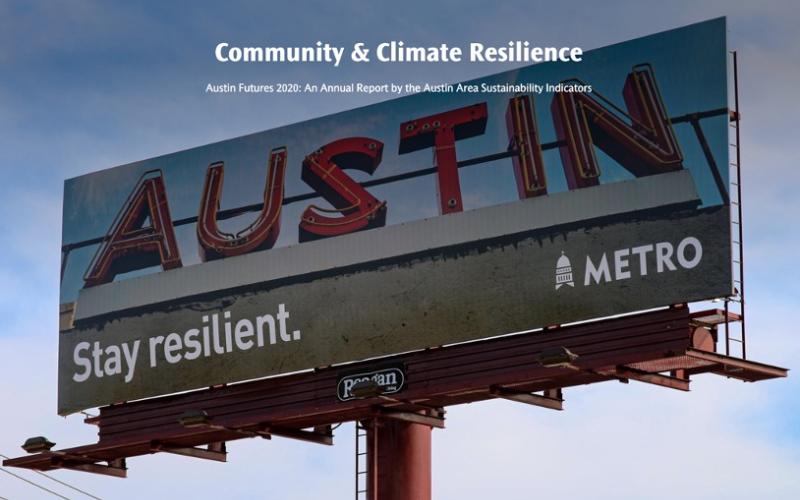
Austin Futures 2020 Report
Building on the Austin Climate Vulnerability report, the Austin Futures 2020 takes a deep dive into the nonprofits and public agencies in the Austin Area that are working to make Austin more resilient. Blending qualitative research, narrative, and A2SI data, the 2020 report is published as an Arc GIS storymap.
Additional and complementary research was conducted this year as an Urban Studies capstone thesis project, which also took the form of a storymap. The web address for the storymap is https://storymaps.arcgis.com/stories/a42684c9a28b4b59a4b895b337004a6c
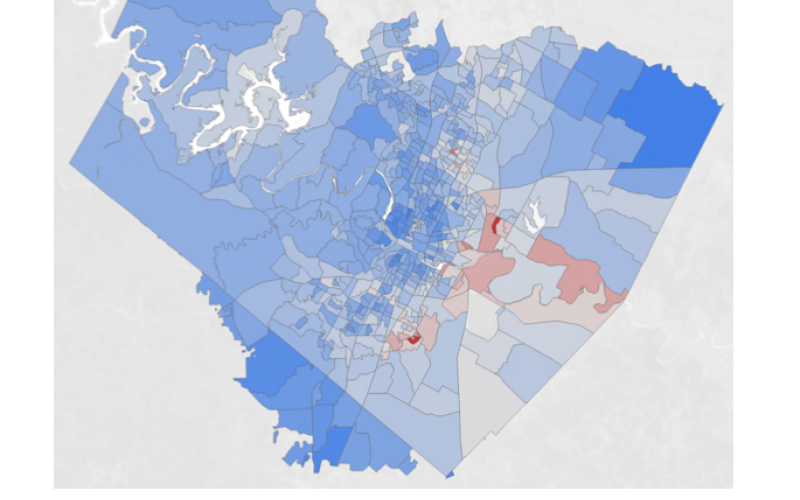
Austin Climate Vulnerability Report
Climate and community resilience refers to a set of indicators to assess the risks that certain climate-related hazards pose, how those risks are spatially and socially distributed, and how households, neighborhoods and cities can build resilience. Climate-related hazards – flood, wildfire, extreme heat, among others – causes damage and loss to property, infrastructure, livelihoods, service provision and environmental resources. Some communities are disproportionately exposed to and affected by climate hazards more than others based on social vulnerability. We present a multi-risk assessment that considers how hazard risk and vulnerability interact. We first assess social vulnerability and each risk separately (considering for each hazard a specific analysis of exposure and vulnerability) and then the aggregation allows a multi-risk index evaluation.

Austin Futures 2019 Report
Although the Austin Area frequently leads the nation on metrics of local economy, safety, and desirability, the reality of profound economic segregation and inequality limit the quality of life for too many residents. Policies and programs that address affordability and displacement pressure on vulnerable and marginalized communities are needed now.

2018 Austin Area Social Capital Report
Building a healthy community requires investments in the social determinants of health. Social capital, or social cohesion, plays a role in how healthy Austin Area residents are and partially explains disparities between them.
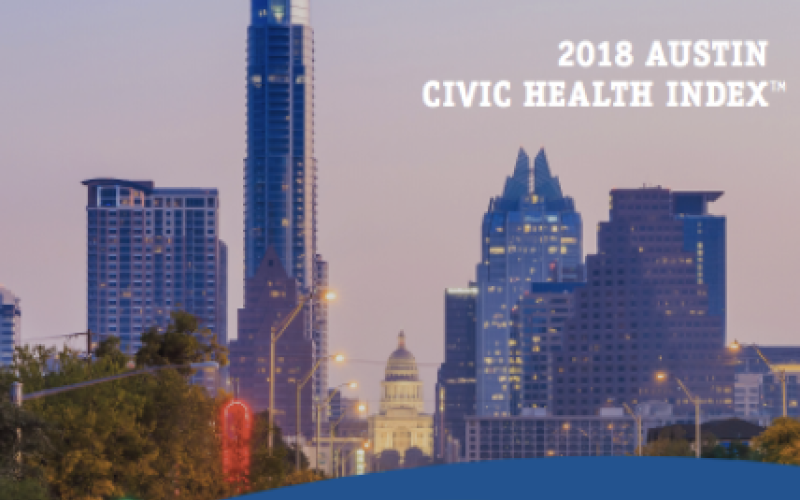
2018 Austin Civic Health Index
Austin Area residents vote at higher rates than Texas as a whole. People’s quality of life is profoundly influenced by people’s engagement in their communities, their civic associations, their networks, and the characteristics of their neighborhoods. The 2018 Austin Civic Health Index seeks to catalyze this conversation on civic health in the Greater Austin area.
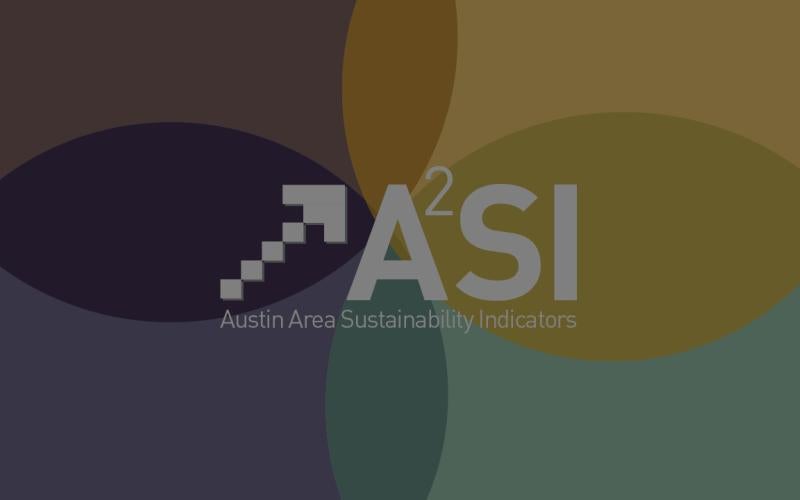
2016 Indicator Reports
Data reports and analyses across the nine indicator themes.
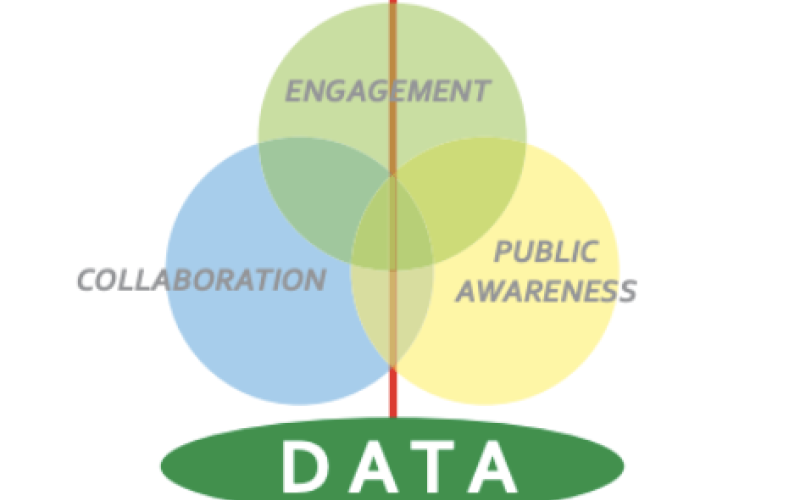
2012 CTSIP Reports
Data reports from the Central Texas Sustainability Indicators Project.